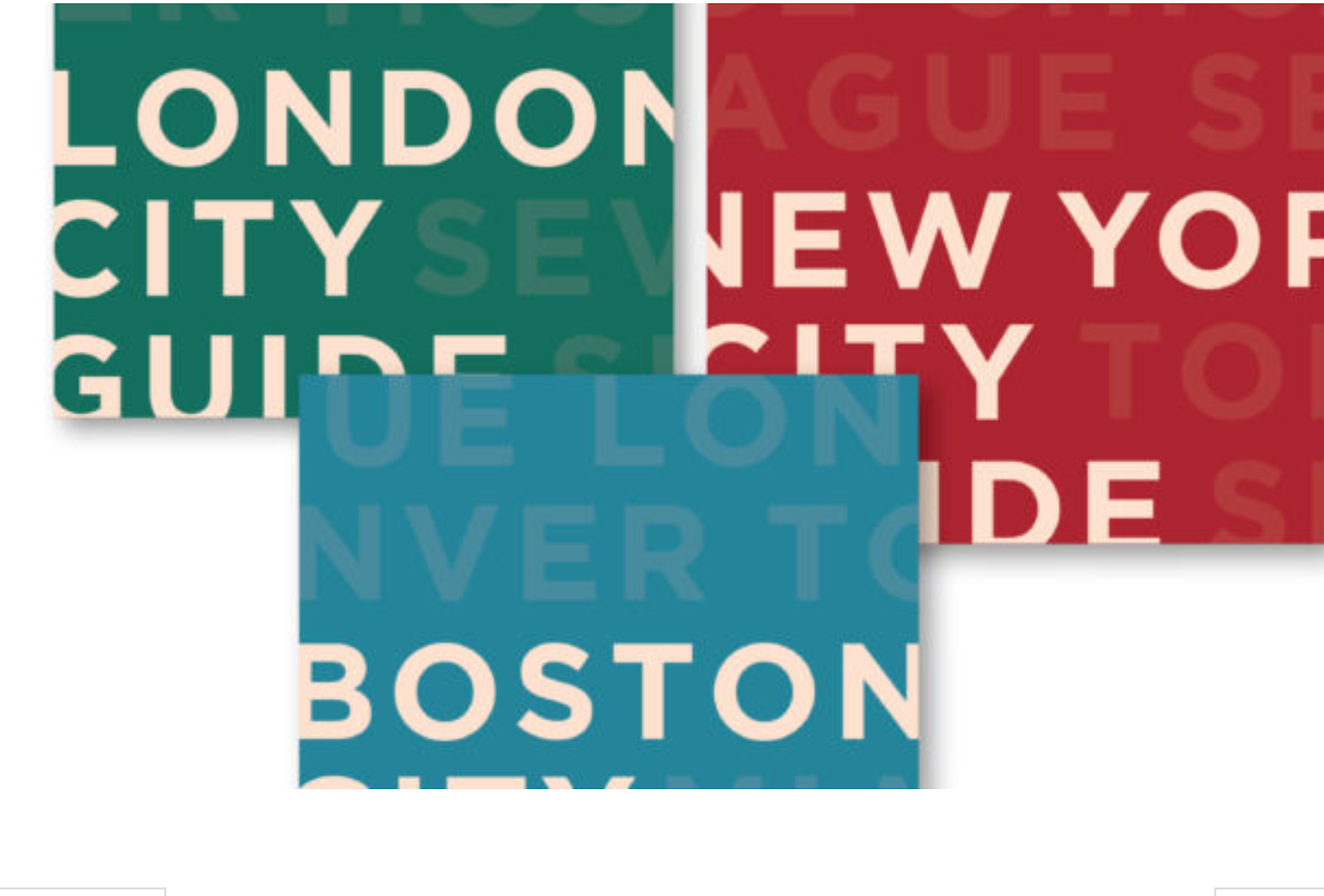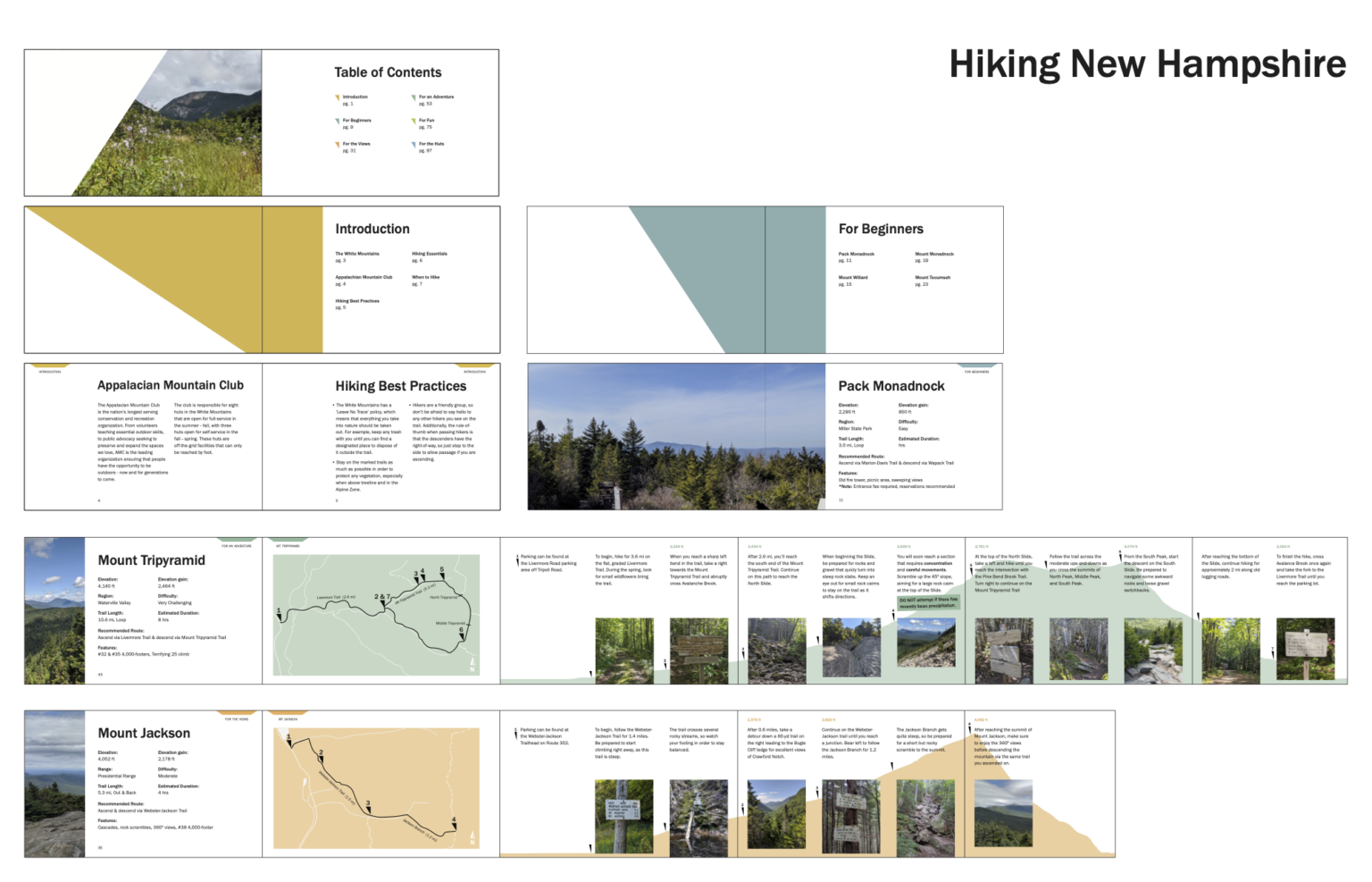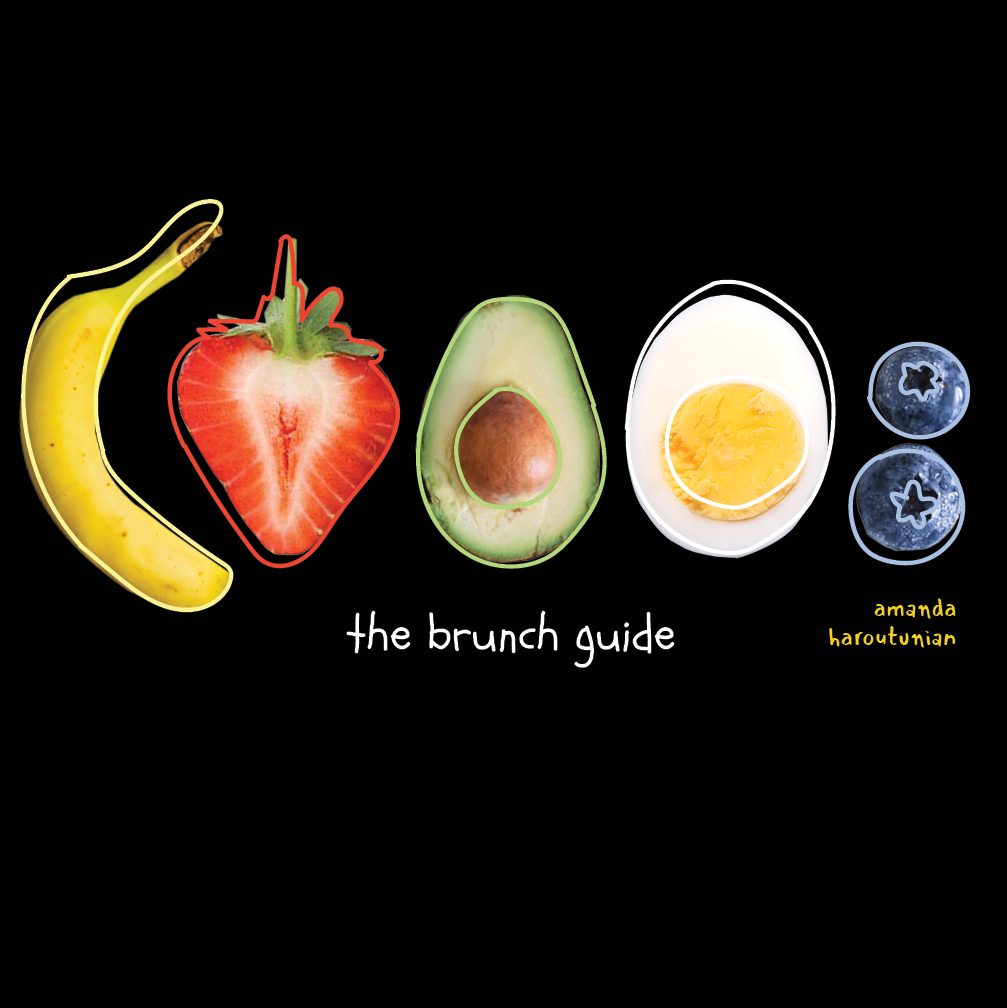Career Opportunities
- Account Executive
- Brand Manager
- Communications Manager
- Content Insight Specialist
- Content Marketing Manager
- Designer
- Director of Design and Marketing
- Event Planner
- Experience Designer
- Graphic Designer
- Information Designer
- Interaction Designer
- Media Planner
- Product Designer
- Public Relations Specialist
- Social Strategist
- Social Media Coordinator
- UI/UX Designer
Multidisciplinary Skills
- collaboration
- creative problem-solving
- critical thinking
- data analysis
- design research
- design software
- graphic representation
- fabrication
- facilitation
- human factors
- information design
- leadership
- listening
- observation
- personas
- programming
- project management
- problem framing
- rapid prototyping
- semiotics
- typography
- experience mapping
- user stories
- user testing
- verbal and written communication
- visual synthesis
- visualization
Share
This combined major integrates visual and verbal aspects of the ways in which communication takes place. Students learn the fundamentals of communication theory and practice, and develop a distinct area of emphasis, such as argumentation and advocacy, organizational and health communication, international and intercultural communication, or digital communication and social media. They take a holistic and integrative approach that focuses on the quality of the human experience in concrete situations. Developing a broad understanding of the principles and systems of perception, students apply visual form and the interrelationships of text and image to construct narratives and create meaning. Enhancing the understanding of human communication in a variety of contexts, empowers students to become informed and engaged citizens.
Learning Outcomes
Communication Studies learning outcomes
Communication is a diverse discipline and every department is unique. At Northeastern, the Communication Studies curriculum was designed to achieve three distinct learning objectives:
- Basic communication skills, including the ability to research a question, prepare and deliver a compelling speech, and think critically and write effectively.
- An understanding of the communication discipline including an appreciation of the history of communication studies, familiarity with important theoretical principles, and the ability to apply this knowledge to contemporary problems.
- A distinct area of emphasis that distinguishes their major. Some of the more popular areas include argumentation and advocacy, organizational or health communication, digital communication, and media production.
Design learning outcomes
- Apply iterative design processes to create, revise, evaluate, and develop effective prototypes and innovative solutions.
- Engage human-centered design research methods and systems thinking to identify and understand values, goals, motivations of intended audiences as a mode of inquiry, question framing and guide to action.
- Develop a high level of craft and technical skills in a relevant range of media and tools and effectively weigh applicability for intended audiences and outcomes.
- Develop and realize intent, concept and content with awareness of context and consequence.
- Implement visual patterns incorporating text, image, diagram including temporal and spatial representations to recognize, categorize, and articulate significant form and meaning
- Employ and embody ethical practices, team and cross-disciplinary collaboration, and effective communication and 6. presentation skills.
- Apply relevant communication theories and principles and appreciate the pervasive and long-term impact of design decisions on people and societies.
Co-op Opportunities
- design and media sectors
- news and publishing sectors
- arts sectors
- food and beverage sectors
- fashion and travel sectors
- government and civic sectors
- health care and pharmaceutical sectors
- educational sector
- financial and business sector






